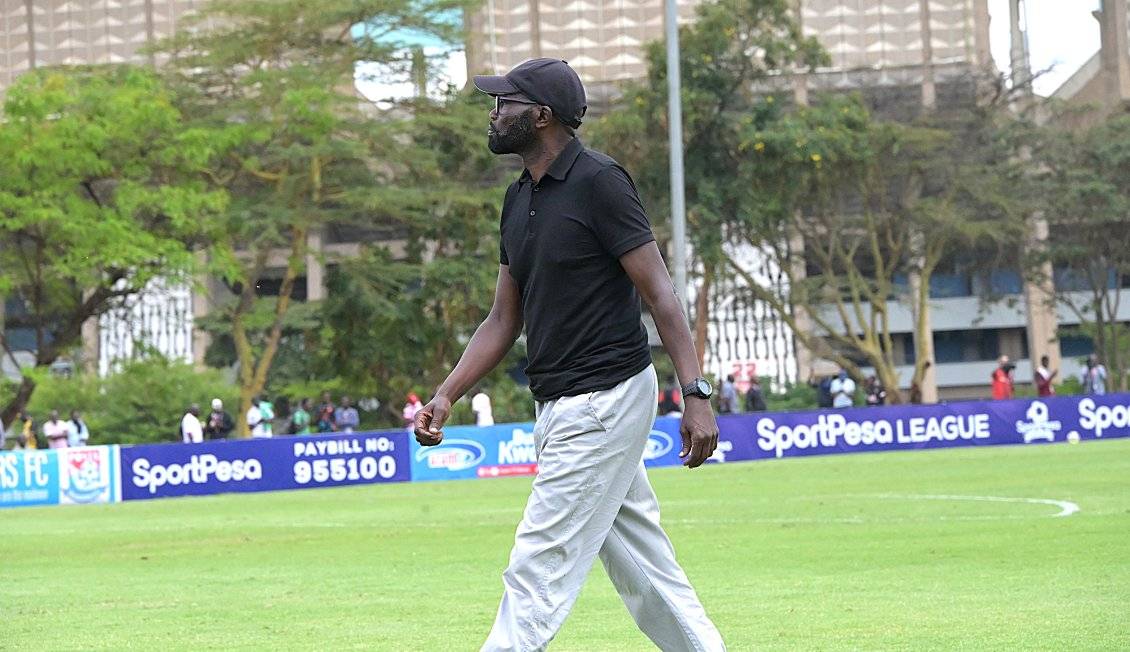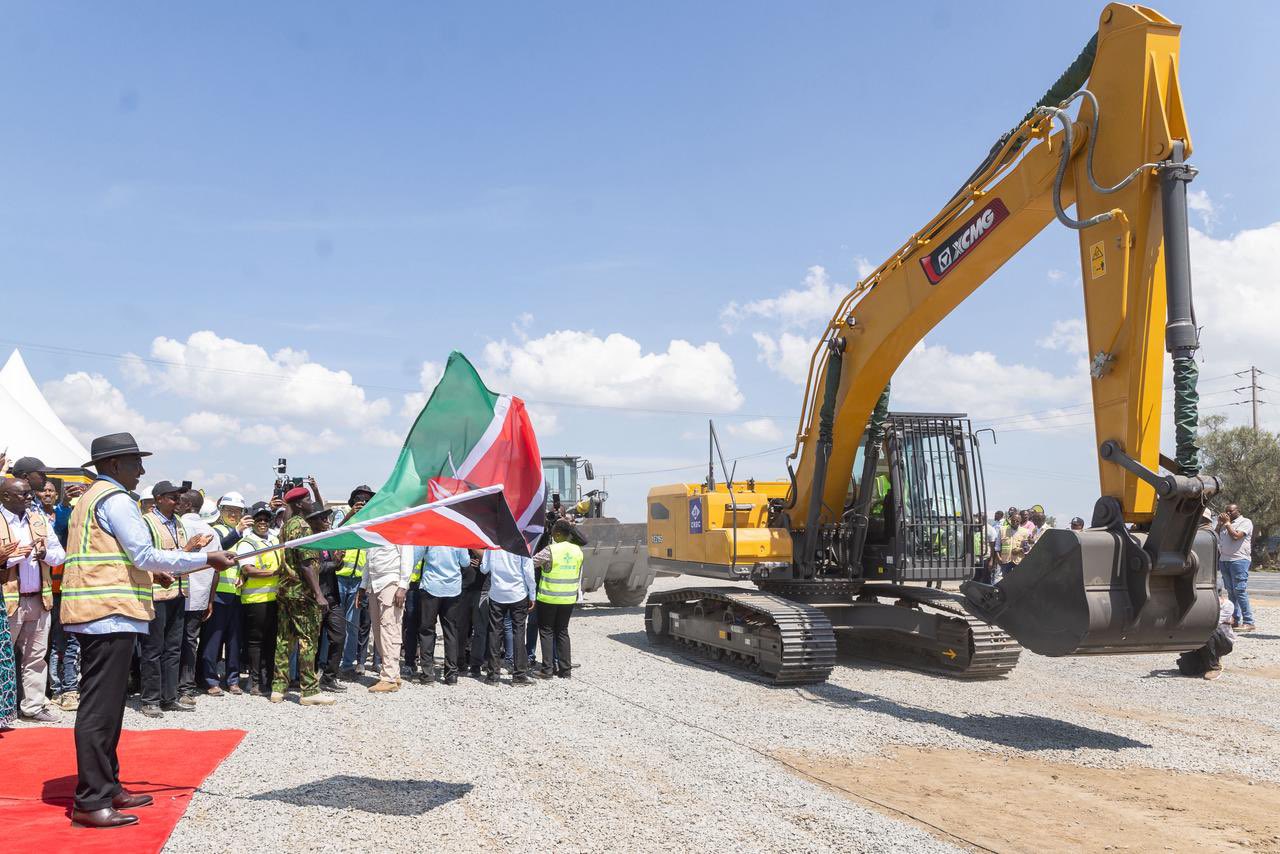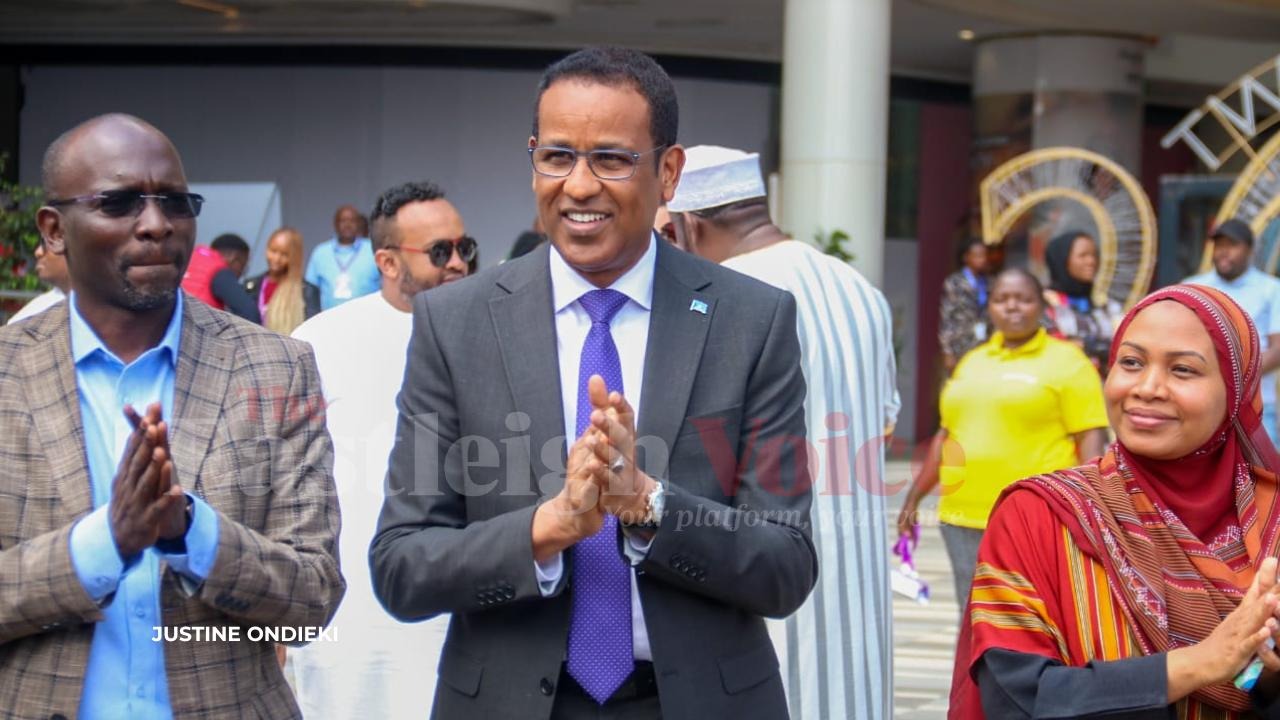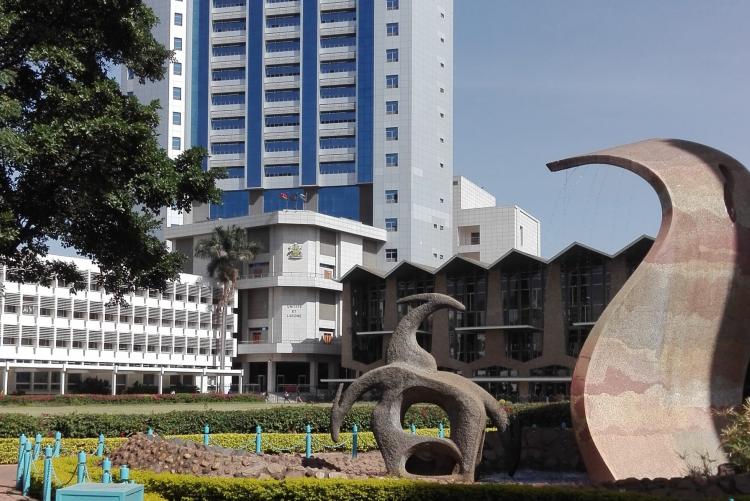'Never again’: 31 years on, Rwanda commemorates genocide against the Tutsi
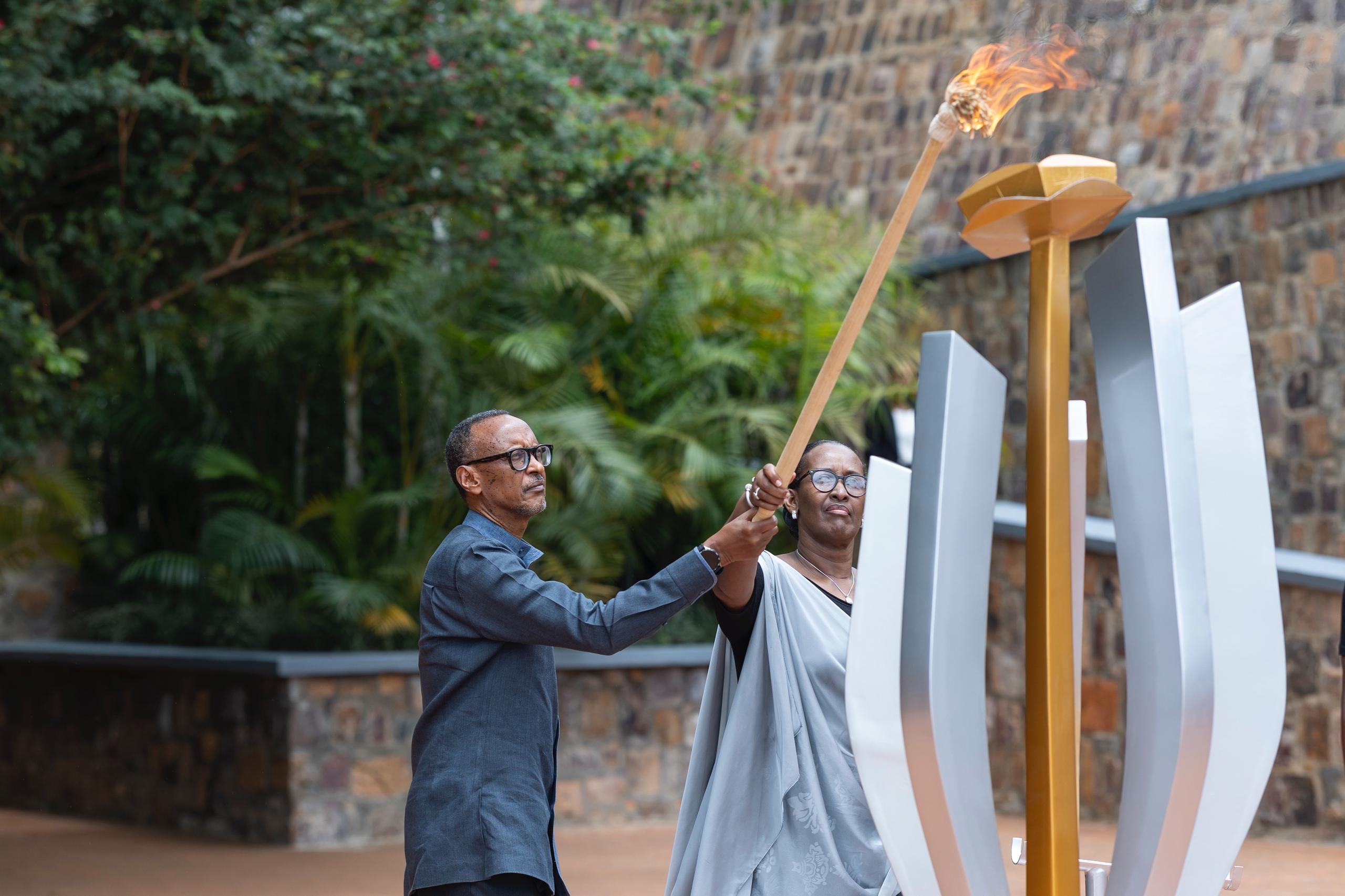
In 2003, the United Nations General Assembly officially recognised April 7 as the International Day of Reflection on the 1994 Genocide against the Tutsi, urging member states and organisations to observe the day with meaningful actions and remembrance.
Rwandans and friends of Rwanda across the globe begin a solemn week of remembrance today, marking 31 years since the 1994 Genocide Against the Tutsi—a tragedy that claimed over one million lives in just 100 days. The commemoration, held annually from April 7 to 13, honours the victims, reflects on the resilience of survivors, and reinforces the nation’s commitment to preventing such atrocities from ever occurring again.
The national remembrance started with President Paul Kagame lighting the Flame of Hope at the Kigali Genocide Memorial in Gisozi. The flame will burn for the duration of the 100 days, symbolising remembrance, resilience, and unity. The president also laid a wreath in tribute to the more than 250,000 genocide victims interred at the memorial, followed by a nationwide minute of silence.
More To Read
- Rwanda’s UN envoy makes case for registry on international criminal matters
- M23 demands Burundi troops withdrawal, accuses Bujumbura of backing ethnic violence in eastern DRC
- Remains of more genocide victims continue to be accorded decent burial in Rwanda
- UN commemorates 30th anniversary of Rwanda genocide in Nairobi event
“The light of this flame symbolises our collective memory and our continued hope for a world free from genocide,” said Jean Damascene Bizimana, Minister of National Unity and Civic Engagement. “It is a reminder that, despite the horrors of our past, we remain united in dignity and purpose.”
During the week of mourning, Rwanda’s national flag will fly at half-mast, and commemorative ceremonies will take place throughout the country, in all 30 districts, and within Rwandan embassies worldwide.
A walk to remember
A key feature of the remembrance activities is the “Walk to Remember”, a powerful and emotional procession that encourages Rwandans—especially the youth—to reflect on the past and take a stand against hatred, prejudice, and division.
“The Walk to Remember will take place in the afternoon on April 7, from the Parliament Buildings to the BK Arena,” Minister Bizimana confirmed. “In the evening, we will hold a vigil filled with testimonies and messages that help us understand the profound cost of hatred and the importance of unity.”
At village level, discussions organised by the Ministry of National Unity and Civic Engagement (MINUBUMWE) will bring communities together for dialogue and healing. Each day's events will conclude by noon to allow regular activities to resume, blending remembrance with resilience.
 President Kagame and First Lady Jeannette Kagame lay a wreath at the Kigali Genocide Memorial to mark the start of the 31st commemoration of the 1994 Genocide against the Tutsi, in honour of over a million innocent lives lost. (Photo/Courtesy)
President Kagame and First Lady Jeannette Kagame lay a wreath at the Kigali Genocide Memorial to mark the start of the 31st commemoration of the 1994 Genocide against the Tutsi, in honour of over a million innocent lives lost. (Photo/Courtesy)
An international reflection
In 2003, the United Nations General Assembly officially recognised April 7 as the International Day of Reflection on the 1994 Genocide against the Tutsi, urging member states and organisations to observe the day with meaningful actions and remembrance.
The Kigali Genocide Memorial not only serves as the final resting place for victims but also stands as an educational centre chronicling how the genocide was planned and executed and examining other genocides of the 20th century.
“This place carries the pain of our history,” said one survivor during a past commemoration. “But it also stands for the strength of our people, our ability to rise again and forgive.”
Throughout the commemoration week, events will include lectures for foreign diplomats, youth-led initiatives, and specific district-based activities such as a “Walk to Remember” in Kicukiro District on April 11, ending with a memorial evening at the Nyanza Genocide Memorial. The week will conclude with a ceremony at Rebero Genocide Memorial on April 13, honouring politicians who lost their lives while opposing the genocide.
From April 8 to July 3, public and private institutions will conduct individual remembrance activities, with dates selected by each institution.
Ongoing threats amid reflection
This year’s commemoration is taking place amid renewed concern over the resurgence of anti-Tutsi violence in eastern Democratic Republic of Congo (DR Congo). Minister Bizimana expressed alarm over the silence of the international community regarding the plight of Congolese Tutsi refugees, drawing disturbing parallels to 1994.
“Thirty-one years have passed without the same international community, once guilty of abandoning Rwanda, saying a word about the fate of the Congolese refugees driven from their homes by the FDLR since 1994,” Bizimana said. “Over 900,000 Congolese Tutsi have fled their homes and remain in camps in Rwanda, Uganda, and beyond. The crimes they face are well known, yet justice is absent. What then have we learnt?”
Justice deferred
While Rwanda continues its push for justice, many genocide fugitives remain at large. According to the National Public Prosecution Authority (NPPA), Rwanda has issued 1,147 indictments since 2007 to 33 countries, yet only 62 individuals have been brought to justice—half in Rwandan courts and the other half in foreign jurisdictions.
The DR Congo alone harbours at least 408 fugitives, while others reside across continents, often shielded by complex legal and political systems. “These numbers reflect a painful truth,” said a spokesperson from NPPA. “Despite the passage of time, justice for many victims remains elusive.”
A call for vigilance
As the world joins Rwanda in remembrance, the message is clear: Never Again must be more than a slogan. It must be a promise acted upon, with vigilance, justice, and global solidarity.
“The genocide against the Tutsi may have ended 31 years ago,” said Minister Bizimana, “but the ideology that drove it still threatens lives. We honour the past by standing firm against it—wherever it arises.”
Top Stories Today

